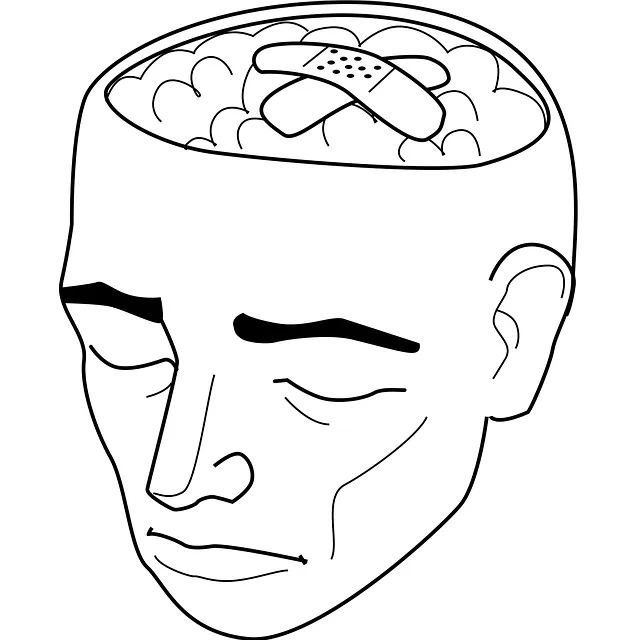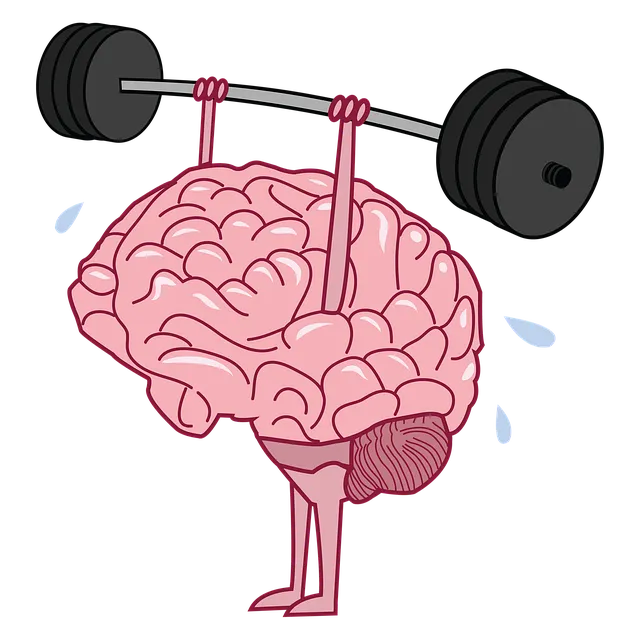In the digital age, media portrayal of mental illness significantly impacts public perception, often perpetuating stigma and hindering access to care. The Greenwood Village Kaiser Permanente behavioral health center advocates for accurate, empathetic representations, addressing societal stereotypes through innovative strategies like emotional well-being promotion, mental health education, and resilience building initiatives. They aim to reduce stigma and foster understanding by engaging the community and expanding coping skills programs, ensuring positive media representation translates into improved mental health outcomes.
In an era where media plays a pivotal role in shaping societal perceptions, accurate representation of mental illness is crucial. This article explores the current landscape of mental health depiction in media and presents a solution through the lens of Greenwood Village Kaiser Permanente Behavioral Health Center’s innovative strategies. We delve into their successful approach to challenge stereotypes, offering valuable insights for fostering positive change. From immediate impact to long-term goals, this study highlights how healthcare institutions can drive meaningful transformation in media portrayal of mental illness.
- Understanding Mental Illness Representation in Media: The Current Landscape
- Strategies and Solutions: Addressing the Challenge at Greenwood Village Kaiser Permanente Behavioral Health Center
- Promoting Positive Change: Long-term Impact and Future Directions
Understanding Mental Illness Representation in Media: The Current Landscape

In today’s digital age, media plays a pivotal role in shaping public perception of mental illness. The current landscape, however, presents a complex narrative. While some efforts have been made to highlight issues related to behavioral health, representations often fall short of accuracy and empathy. At the Greenwood Village Kaiser Permanente behavioral health center, professionals advocate for a nuanced understanding of mental health challenges, moving beyond stereotypical portrayals in media.
This discourse is crucial given the impact of media on societal attitudes. Inadequate or misleading depictions can perpetuate stigma, hinder access to care, and affect how individuals perceive their own experiences. A thorough Mental Health Policy Analysis and Advocacy is necessary to address these disparities, fostering an environment where mind over matter principles are embraced and anxiety relief becomes a viable goal for all.
Strategies and Solutions: Addressing the Challenge at Greenwood Village Kaiser Permanente Behavioral Health Center

At Greenwood Village Kaiser Permanente Behavioral Health Center, we recognize the significant role media plays in shaping societal perceptions of mental illness. To address this challenge, our center has implemented innovative strategies focusing on Emotional Well-being Promotion Techniques and Mental Health Education Programs Design. We believe in empowering individuals through knowledge and fostering resilience, which is crucial for navigating life’s complexities.
Our approach involves creating inclusive spaces where open conversations about mental health are encouraged. By incorporating diverse perspectives into our Resilience Building initiatives, we aim to dispel myths and promote accurate representation. Through creative campaigns and community engagement, Greenwood Village Kaiser Permanente Behavioral Health Center strives to ensure that mental illness is no longer stigmatized but instead met with empathy and understanding.
Promoting Positive Change: Long-term Impact and Future Directions

The representation of mental illness in media has evolved, but challenges remain. By promoting positive change through accurate and diverse storytelling, we can foster a deeper understanding and reduce stigma. The long-term impact of this shift is profound, encouraging empathy and support for individuals facing behavioral health issues, such as those seeking help at the Greenwood Village Kaiser Permanente behavioral health center.
Looking ahead, future directions include expanding coping skills development programs and burnout prevention strategies for healthcare providers, drawing inspiration from successful media campaigns. Additionally, mental wellness coaching programs can be tailored to meet diverse needs, ensuring that representation translates into meaningful action and improved mental health outcomes.
Mental illness representation in media has long been a topic of discussion, and while progress has been made, there is still work to be done. The strategies and solutions implemented at the Greenwood Village Kaiser Permanente Behavioral Health Center offer a promising model for improving mental health portrayal in the media. By fostering collaboration between healthcare professionals, media outlets, and community organizations, we can create a more accurate and nuanced narrative that promotes understanding and reduces stigma. Building on these initiatives, continued research, education, and advocacy are essential to ensure that media representation of mental illness evolves positively and effectively, ultimately contributing to better mental health outcomes for all.






